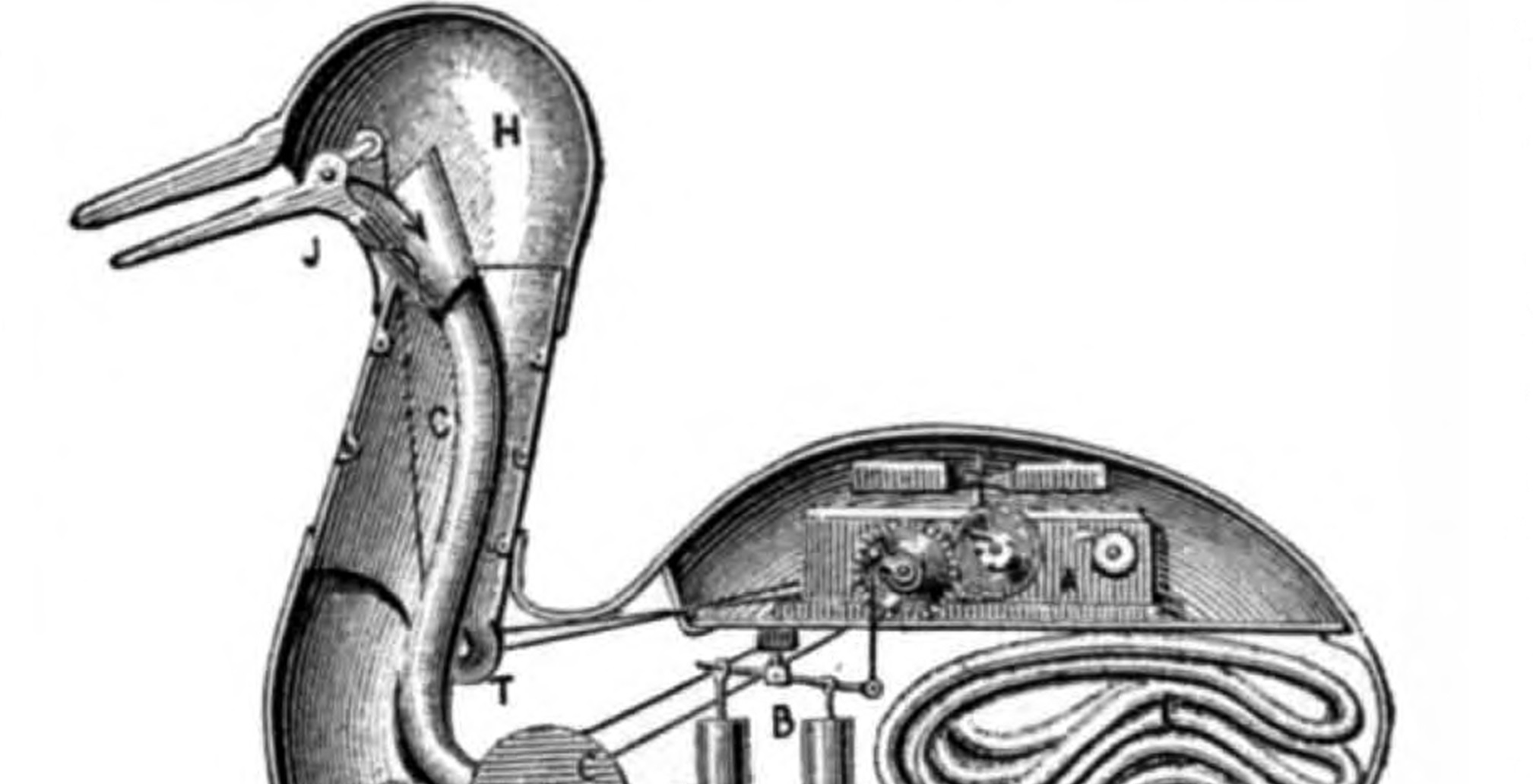By Toscanie Hulett
The first thing that springs to mind when we talk about evolution is undoubtedly Darwin’s theory of natural selection. This theory, mostly unrefuted by today’s scientific community, remains the primary reference point when studying the evolution of our species: Homo Sapiens. The definition of evolution currently stands as the change in the heritable characteristics of biological populations over successive generations. But, this is no longer true – Ironically, times have changed!
We are faced with a world where evolution does not simply happen over generations, but can occur many times even in one lifetime and thus the standard definition of evolution needs to be updated. We can now deliberately manipulate our future at a pace that far exceeds even Darwin’s imagination. So, the real question that remains is: Are we really in control of where this new-found power takes us? Can we determine the long-term development of our species or are we simply changing its uncontrolled route?
Today we have entered what is known as the Biological Revolution. It is a corner stone in time where, for the first time, our technology and hold over biology can break the laws of the 4 billion-year-old cycle of natural selection.
The first example of this is genetic engineering. This is where humans deliberately alter an organism’s genes. The process actually began in a simple form at the time of the agricultural revolution, 10,000 years ago, when people began to use selective breeding on their livestock or crops to favour certain traits. Over time, our knowledge of genes developed and by the year 2000 a scientist named Eduardo Kac genetically engineered a fluorescent green rabbit by inserting a gene from a jellyfish into the rabbit’s genome.
Today we have taken gene editing to a new level and the discovery of a tool known as CRISPR Cas-9 has revolutionised this field. CRISPR Cas-9 is a type of genome editing whereby an organism’s DNA is altered by inserting required genes or removing unwanted ones. Where Kac was influencing rabbits CRISPR does the same for humans. In 2017, Kathy Niakan from the Francis Crick Institute, used CRISPR to disable a gene in a human embryo. Clinical trials are currently developing the use of CRISPR to eliminate genetic diseases such as cancer, HIV, blindness, muscular dystrophy and Huntington’s disease.
There have been many successful outcomes and it is widely believed that CRISPR has the power to eradicate world diseases. To take this further, CRISPR has the potential to not only remove unwanted genes but add desired genes, giving rise to genetically designed babies with desired characteristics. As an example, CRISPR could give us the ability to choose a baby’s eye colour, how muscular it is, how intelligent it is, and ultimately allow us to programme the genome of our own offspring. The idea does not end here. In time, such bio-technologies could be used to alter our own genes during our lifetime and pass them on to our offspring. Here, we defy Darwinian evolution as we are no longer being changed by the world around us but are changing the world within us.
Another scientific advancement that marks this milestone in history is the enhancement of the human body to create cyborgs. This is when inorganic parts are combined with organic parts and what was once a science fiction concept has become a reality. Already, hundreds of people have radio-frequency identification (RFIDs) in their bodies. These devices, embedded under the skin, allow people to unlock their front doors and their laptops without touching anything. A less invasive example is simply our use of glasses to improve eyesight and phones to relieve some of our brain storage. Working alongside these devices undermines the concept of the survival of the fittest, within the traditional context, and hence changes the process of human evolution.
Now that we are equipped with all of these tools to change evolution we are left with the only question to be debated which is whether or not we can control it?
To begin with, biological engineering and enhancement gives rise to many ethical conundrums with varying viewpoints which causes division in society. To prevent arguments, a moratorium has been established in many areas. This is because many fear that our ability to modify humans is outpacing our capacity to make responsible moral decisions. However, this also prevents any advancements to take place.
I believe that no matter how convincing the ethical arguments that go against the development of gene editing and enhancement, maybe, someone in the world is bound to take it upon themselves and take the first step towards making a designer baby. When there is the possibility of eliminating world diseases and improving cognitive abilities, it is clear that someone will take the risk. Once this step has been taken there is no turning back. Human instinct will come into play and our competitive nature will force us to also create genetically engineered humans so that we are not left behind. In this regard, we have no control over how far and how quickly genetic engineering and enhancement is taken. Ethical questions will quickly recede just as they did with IVF which was initially only used for infertile couples. In 2014, nearly 19,000 IVF babies were born in the UK and I believe genetic engineering will, in the future, be as accessible as IVF.
Just like IVF, we do not yet know about the long-term effects of biological procedures like gene editing. Nature is so much more complex than we think and we are far from understanding both our internal environment but also our external environment. Although our understanding of the genome and human biology may seem advanced, it is in fact very limited. Today we know the function of about 12,000 of the human genes. But only a minuscule part of our genome is made up of genes. Once we have crossed the line, altering the genome could have consequences that are out of our control as nature still has the upper hand and our bodies may retaliate.
Charles Darwin spoke of the power of nature in his book The Origin of Species: “Natural Selection, as we shall hereafter see, is a power incessantly ready for action, and is immeasurably superior to man’s feeble efforts, as the works of Nature are to those of Art.” This describes the way in which we are to this day unable to control our existing environment and it will not cease to affect us. The crisis of antibiotic resistance is just one of the many obstacles that nature has thrown at us and there will no doubt be plenty if we change something as drastic as the human genome.
To conclude, we have reached a point in human history where we can redefine the pace of evolution by new technological and scientific advancements. We hold all of the tools to change the path of human evolution but all we can do is begin this change by using these tools. From there, the outcomes of tampering with the genome and the human body, but ultimately with nature, are within our influence but out of our control.













One Response
Fantastic article!